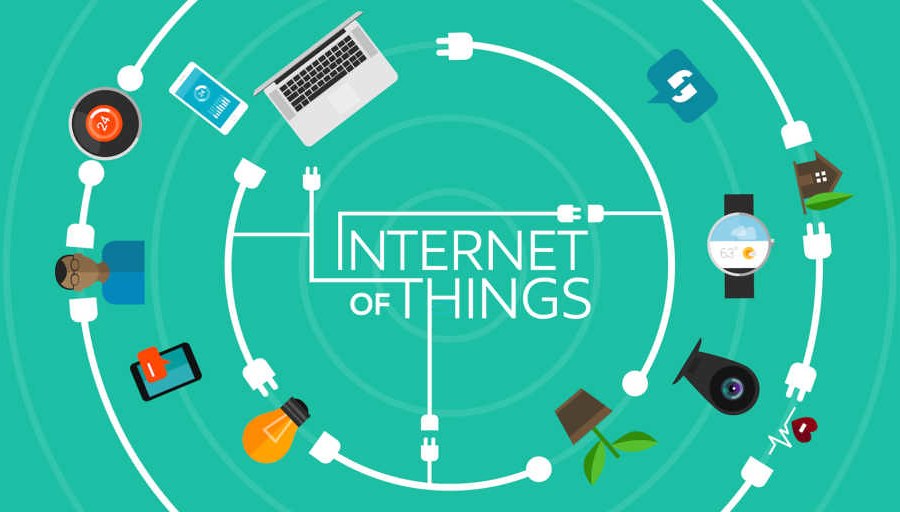Prepare for Post-COVID-19 IoT Boom
The disruption that COVID-19 has brought about will trigger a boom in the market for the Internet of Things, or connected, technologies, say industry executives and analysts. They add that companies such as Infosys, Tata Communications, ThoughtWorks, Citius Tech and Hero Electronix are betting on these opportunities.
New use cases will erupt for IoT devices in a world where concerns over public health will accelerate the automation of processes and systems, and reduce human interactions, they say.
“IoT has always existed as an automation tool but the COVID disruption will enhance the adoption of IoT just like it did for collaborative virtual meeting platforms,” said Alok Bardiya, the head of the IoT Business Unit at Tata Communications.
But first, there will be a dip.
The interruption that the pandemic and the lockdown have caused to businesses has hurt the IoT market as well. Sales are projected to fall in 2020 from last year. But post lockdown, demand for certain IoT solutions are expected to boost sales in both enterprise and consumer services segments.
“The cellular-based IoT market, which has grown rapidly so far, is expected to have a YoY decline of around 4.4% by the end of CY2020,” said Apalak Ghosh, the industry manager for digital transformation practice at market research and analysis firm Frost & Sullivan.
He, however, expects the market to start reviving from 2021 and post as much as 22% growth the following year.
With health concerns taking the centre stage, restaurants may have to attest to food quality in real time, said Selvakumar Natesan, the lead IoT tech consultant at ThoughtWorks. That should create a market for portable food sample analyzers that give instant reports.
Automatic disinfectants as well as air quality and cleanliness indicators would be needed where groups of people will come together, like in hotels, gyms and movie halls. Municipalities may also start deploying smart meters for electricity, water and gas services.
In the healthcare ecosystem, technology could be leveraged for activities such as remote monitoring of patient health and administering medicines, preventing the failure of critical equipment, and disease prediction and diagnosis, said Sridhar Turaga, CitiusTech’s senior vice president for data science.
There will likely be a higher demand for wearable health devices like smartwatches and air quality and blood oxygen monitors in the consumer space.
“There is an expectation that a digital health passport will become mandatory for train and public transportation, to ensure the health and safety of everyone traveling by those modes,” ThoughtWork’s Natesan said.
The Hero group’s IoT arm, Hero Electronix, has launched the Qubo camera which can detect and flag if an individual is not wearing a mask.

